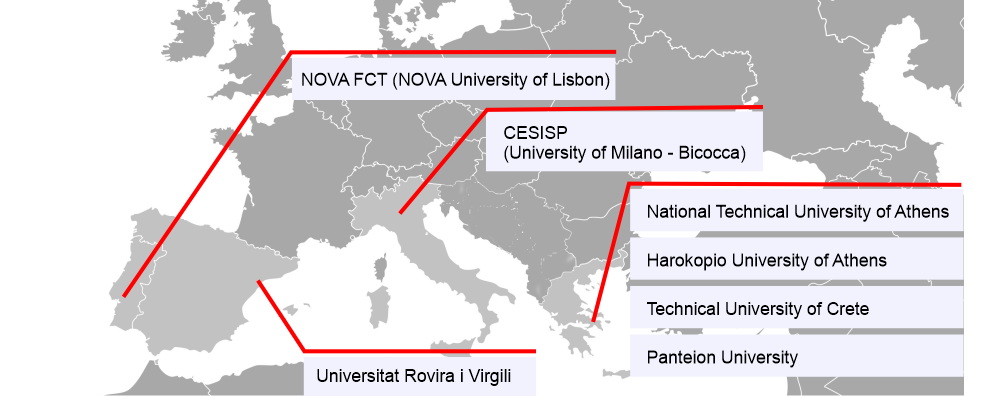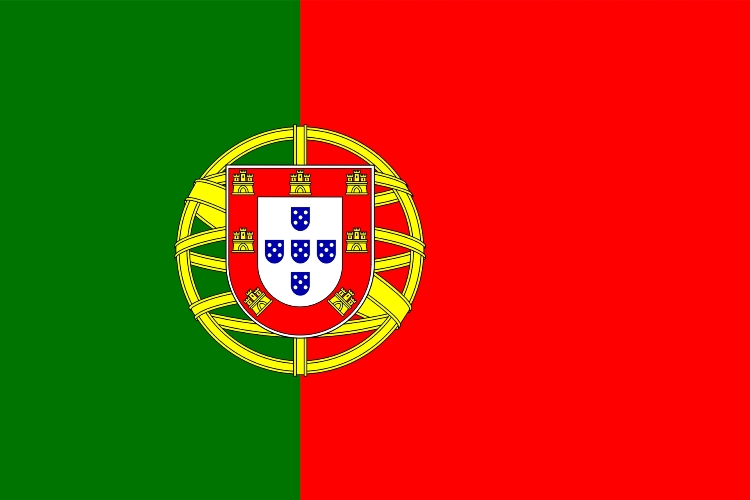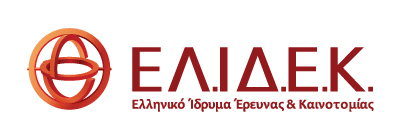Lets Get Started
Select your place of residence

An overview of South Europe's energy-related aspects of poverty
About our Project
EFPoRe-SE project aims to improve the public treatment of energy poverty. The research team will use data from each partner country and follow state-of-the-art statistical, spatial, and econometric approaches to develop methods for measuring EP. The innovative part of the main goal is to identify measurable changes in energy needs observed in several countries with different socioeconomic status, political governance, and population structure, as well as in behavior that people cover their energy needs. The integrated project tasks will attempt to:
a) investigate the causal relationships between fiscal and socioeconomic variables and energy poverty in Southern European countries,
b) interpret the observed changes between countries, and
c) investigate policy initiatives on issues such as the public and fiscal finance system.
The Poverty Status by country
Consortium

Department of Economics
and Sustainable Development
The Department of Economics and Sustainable Development is included in the Harokopio University of Athens (Host University). It mainly focuses its scientific interest on the pillars of sustainability, combining different scientific areas and subjects in applied economics and environmental studies. The infrastructure of the Department is essential for this research. It will undoubtedly support the research team in assessing and optimizing the research on energy poverty and its impact on society. At the same time, the experience of this Department's staff (other research team members) in the energy efficiency of environmental issues is another reason for the high appropriateness of the Host Institute for this research project.

NOVA University of Lisbon
The NOVA School of Science and Technology (NOVA FCT) is one of the three largest and most prestigious schools of Engineering and Sciences in Portugal. It is renowned for its excellence in research, the quality of its courses, and the high employability of its graduates (graduates, masters, doctors). Its scientific production, resulting from the publication of a large number of articles in international scientific journals of great demand and quality, gives it wide international recognition (the value of the scientific production index - SciVal Citation Impact - is 1.35, NOVA FCT is 35% above the world average). The research team from the Center for Environmental and Sustainability Research of the Department of Sciences and Engineering has over 10 years of solid expertise and proven international research and policy support in energy poverty. Besides their past expertise and work carried out on the Energy Poverty Advisory Hub development, they are also part of multiple EU-funded projects (e.g. HORIS; ENTRACK, LOCATEE, HUB IN) and national (Transition Point OSS (PT); EFPORE-SE (HL), Carbon Neutrality Roadmap2050, NECP (PT)) on energy poverty and interlinked topics. The team also has an extensive track record of national and local policy support, stakeholder engagement, knowledge sharing, and capacity building at multiple levels.

The Department of Economics of the Universitat Rovira i Virgili
The Department of Economics of the Universitat Rovira i Virgili integrates the areas of Economic Analysis, Applied Economics, and History and Economic Institutions. Main research activities are conducted through the Research Centre of Economics and Sustainability (ECO-SOS), integrated into the Department of Economics. Concretely, ECO-SOS has a team of more than forty (40) researchers from different topics about economics and sustainability. The expertise of the Economics Department on spatial analysis will contribute to the regional effects of energy poverty among areas of South European countries.

CESISP - Research Center in Economics and Regulation of Services, Industry, and the Public Sector, University of Milano - Bicocca
CESISP - Research Center in Economics and Regulation of Services, Industry, and the Public Sector, University of Milano - Bicocca, is committed to enhancing understanding of the economic, managerial, and regulatory facets of industrial activities, services, and the public sector. With a particular focus on environmental, energy, transport, and infrastructure policies, CESISP aims to contribute significantly to developing effective economic and industrial strategies. The Center's collaborative efforts extend to a broad range of partners, including companies, associations, and other entities at the national level, fostering the advancement of targeted research initiatives. Specializing in energy policy, sustainability, public utilities, energy access, sustainable mobility, and the circular economy, CESISP showcases its expertise in economics, regulation, and sustainability.
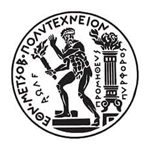
National Technical University of Athens
The National Technical University of Athens (NTUA) follows the European model for engineering education, offering a five-year program that leads to a Master’s-level Diploma. NTUA is widely recognized for its strong academic and research tradition, distinguished faculty, and advanced infrastructure. Its graduates have played a critical role in Greece’s development and continue to hold prominent positions in academia and industry worldwide.

Technical University of Crete
ΤUC is a small, young, dynamic University with a clear mission: to expand knowledge and benefit society through research integrated with education. In this endeavour, the pursuit of excellence is the driving force. More than 70 laboratories with prime equipment, high technology infrastructure and eminently qualified personnel, as well as 120 faculty and staff members with international academic background attest to the level of excellence in education and research conducted at the University. This profile ranks the Technical University of Crete amongst the most prominent research institutions in Greece.
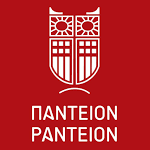
Panteion University
Panteion University of Social and Political Sciences is a public university that conducts research and offers courses and degrees in a wide range of scientific f ields in the areas of social and political theory, such as international and European studies, science and media, sociology, social anthropology, psychology, political science, history, social policy, public administration, and economic and regional development.
